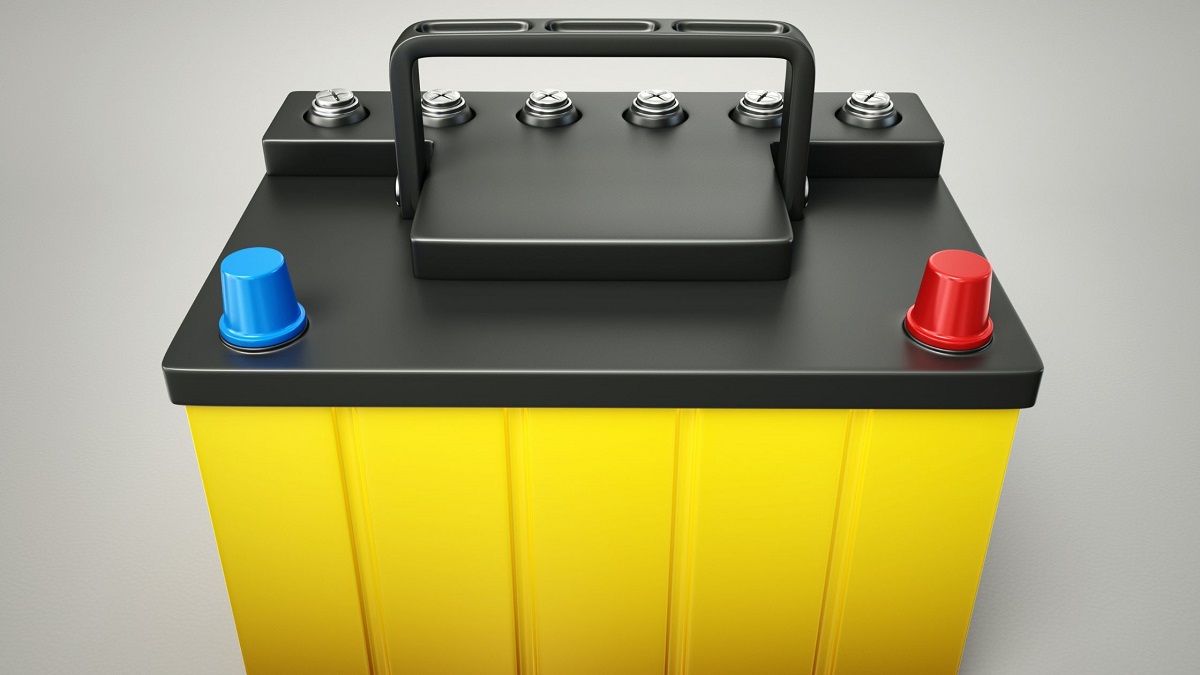People who install solar energy storage systems are discovering that unique solar batteries can enable them to make the most of their solar panels by storing the energy produced for foggy, gray, or cloudy days. Some people even use solar batteries to get completely disconnected from the grid and rely on only solar systems due to totally remote location or to save some bucks.

In a solar energy system, irrespective of the solar battery price, they play a critical role. It saves the extra energy generated by your solar panel installation. In a solar energy system, the batteries act as energy “accumulators,” storing the energy generated by the solar panels. When there are service outages or blackouts due to emergency conditions, the batteries are used to provide electrical energy.
Solar batteries are an excellent investment for homes that reside in places where power outages are common or where utilities do not provide full-retail net metering. They’re also the most effective approach to increasing the amount of renewable energy used in your home. But, in order to select the appropriate one for you, you must examine the following factors in addition to the solar battery price:
1. Capacity and Power of the Battery.
The capacity of a solar battery varies with different solar battery prices and is defined as the total amount of electricity it can store. It is expressed in kilowatt-hours (kWh)/ Ampere-hour (Ah). Make sure you purchase stackable solar batteries. This means that you can increase the capacity of your solar storage system by using additional batteries.
Another consideration is the power rating. This measure, expressed in kW, indicates how much electricity the battery can deliver at any one time. A battery with a high power rating but limited capacity, for example, can power your complete house for a few hours. If you choose a solar battery with a modest power rating and a large capacity, it will be adequate to power items in your home for a long time.
2. Lifespan.
Solar batteries for the home can last anywhere from three to fifteen years, depending on the solar battery price. If you elect to install a solar battery today, you’ll almost certainly need to replace it in the future to keep up with your solar power system’s 25- to 30-year lifespan. As a result, choose batteries that will only require one replacement over the course of your solar power system’s lifetime. Consider batteries that are modular and can be expanded in the future to provide more capacity.
3. Depth of Discharge (DoD).
When purchasing a solar battery, the Depth of Discharge (DoD) is a critical consideration. Because every battery must maintain a minimum charge in order to work at its best, this is the case. A solar battery’s DoD is a measurement of how much of the battery’s capacity can be used. If the battery is discharged past that point, it will not perform at its best. As a result, before the battery’s capacity falls below the Depth of Discharge, it must be charged.
For example, if a 10 Ah battery has a DoD of 90%, it should be charged once 9Ah of the capacity has been consumed.
4. Type of Solar Batteries.
You can choose from the following 4 different types of solar batteries:
4.1. Flow Battery.
The charge is stored and released using a pumped electrolyte, such as vanadium ions or zinc bromide, and chemical processes. The biggest benefit of this battery is that it won’t lose its charge. They’re also easy to recycle and can last up to ten years. It is, however, more expensive than other solar battery prices and difficult to maintain because it is a new, innovative technology.
4.2. Lead-Acid Battery.
This is a more traditional and solar battery price-friendly alternative. However, because these batteries have a delayed charge cycle and are generally heavy, they are also inappropriate for many popular applications.
4.3. Lithium-Ion Battery.
They are among the most often used batteries because they are less prone to overcharging or damage. They have a ten-year lifespan and can tolerate a wide range of temperatures and heavy usage. One of the few drawbacks is that they can be difficult to recycle.
4.4. Tabular Batteries.
Tubular batteries are lead-acid batteries that are typically quite large, and this solar battery price may vary. They are most commonly utilized in Tier 2 and Tier 3 cities, where there are frequent power cuts and outages. These batteries are extremely common in India, and they have a C10 certification, indicating that they have excellent charging and discharging capacity.
At the end, you have to decide what would be a decent choice for you, as not all batteries are suitable for all regions. For example, setting up a lithium-ion battery in a desert region would be a madness. Similarly, in cold region, other battery won’t perform well. So make a wise decision for longevity.
Leave a Reply